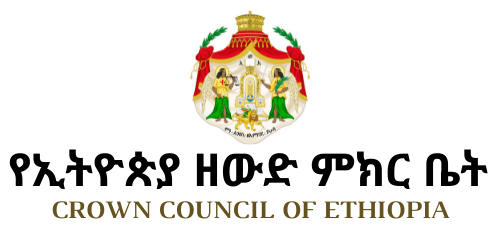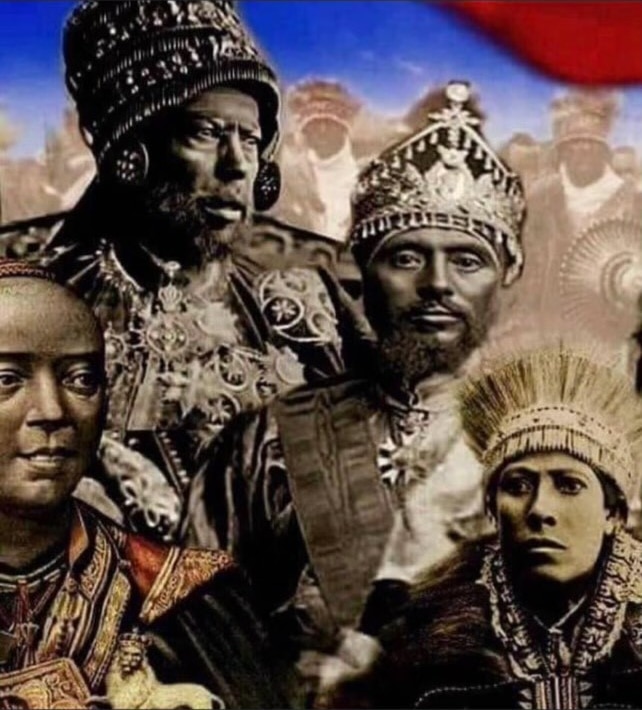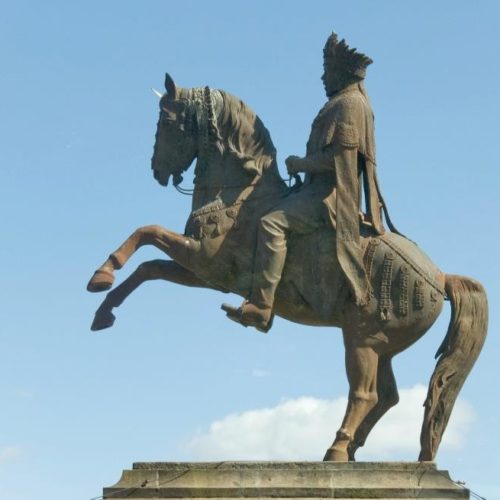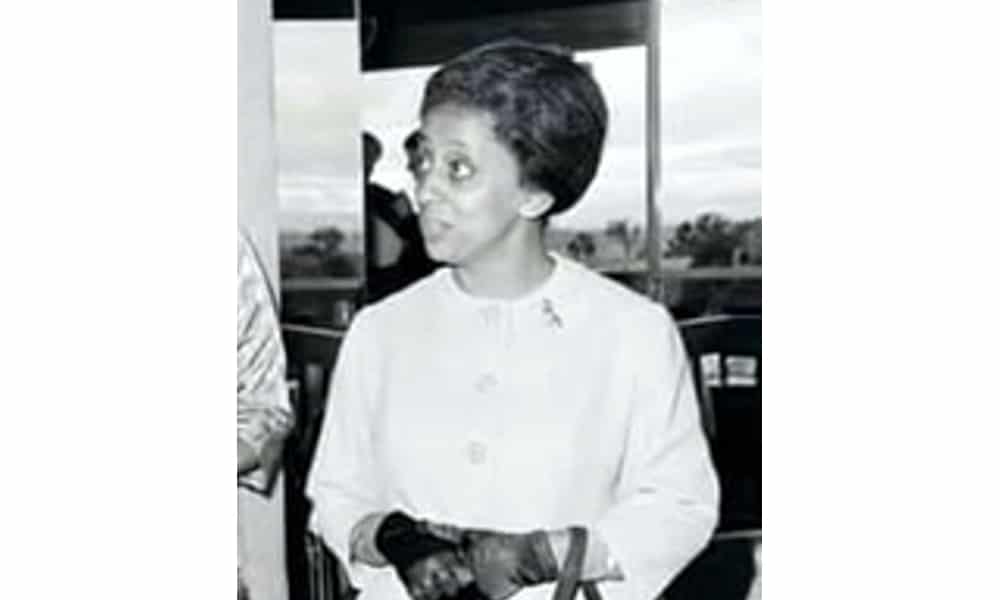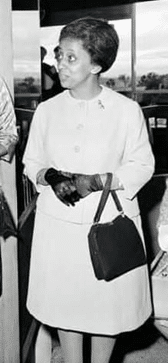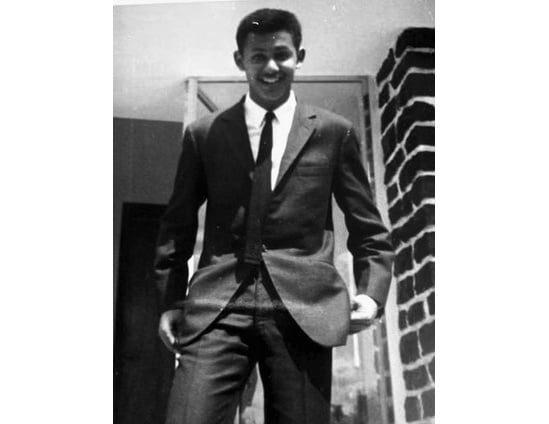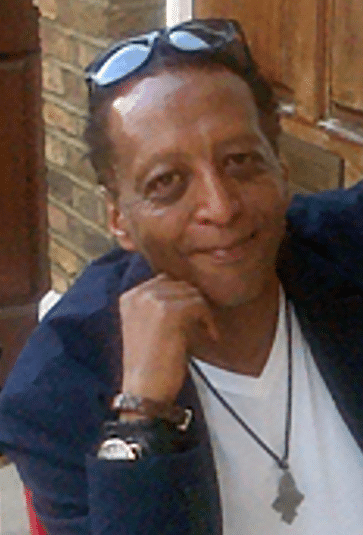By His Imperial Highness Prince Ermias Sahle-Selassie Haile-Selassie, President of the Crown Council of Ethiopia
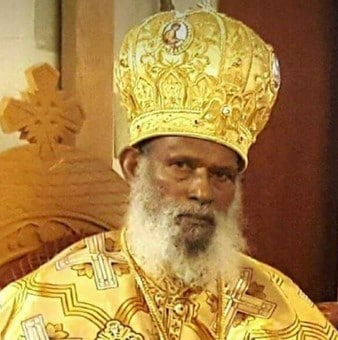
Patriarch of Ethiopia
1938 – 2022
It is with great sorrow that the Crown Council of Ethiopia marks the passing of Our Holy Father, His Holiness Patriarch Abune Merkorios I, the fourth Patriarch of Ethiopia. We join with Orthodox Christians and all people of faith in our country in mourning this deeply holy man.
Known as Abba Ze-Libanos Fanta before being elevated to the episcopacy, His Holiness was born in southern Beghemidir Province (Gondar) and received traditional training and church learning at the highest levels from important monasteries in Gojjam and Beghemidir. He became a monk in 1968 and was consecrated as Bishop of the Diocese of the Ogaden with the name Abune Merkorios in 1978. His Holiness was later named as Archbishop of Gondar, where he served from 1980 to 1988. Upon the death of Patriarch Abune Tekle Haimanot in 1988, the then Archbishop Abune Merkorios was elected as Patriarch of Ethiopia and was enthroned in August of that year. His Holiness was the fourth patriarch of the Ethiopian Orthodox Tewahedo Church to be enthroned since the church gained its independence from the Coptic Orthodox Church.
During the tumult surrounding the fall of the Derg regime in 1991, the new EPRDF government dethroned Abune Merkorios. His Holiness was exiled, first to Kenya and then to the United States, where he was joined by those members of the Holy Synod who rejected his removal from the Patriarchal Throne. This led to a schism between the exile church and the church inside Ethiopia. Efforts to heal this rift continued sporadically for 26 years, finally coming to fruition in 2018 when His Holiness Abune Merkorios returned to Ethiopia accompanied by Prime Minister Abiy Ahmed. This was a promising example of recent attempts at reconciliation in our homeland. Under the terms of the reconciliation, Their Holinesses the two Patriarchs, Abune Merkorios and Abune Mathias, shared the Patriarchal Throne as co-Patriarchs, a shining example of how all things are possible when one embraces the path of peace and reconciliation.
Those of us who knew His Holiness personally cherished him as a great father, spiritual guide, and good friend. While he shared the challenges of exile with us, his bravery in returning from exile inspired us, and his love and magnanimity were a model for everyone. His bravery began a healing process we must all strive to continue, not just in the Orthodox Church but across Ethiopian society. If Patriarch Abune Merkorios can return home to live in peace with all of his people, each of us can too.
We extend our heartfelt condolences to His Holiness Patriarch Abune Mathias, Patriarch of Ethiopia, Archbishop of Axum and Ichege of the See of St. Tekle Haimanot; to the Holy Synod of the Ethiopian Orthodox Tewahedo Church; and to all those who mourn this great and Holy father.
May His Holiness’ blessings be upon us.
